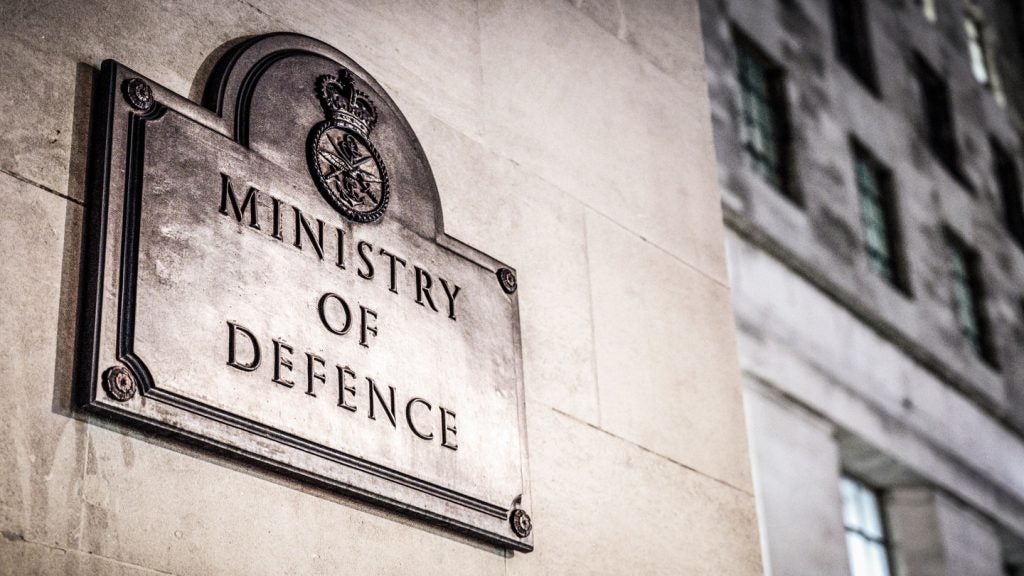Cybersecurity has become an increasingly prevalent concern among UK defence companies and the Ministry of Defence (MoD) following the LockBit ransomware group hack last month.
Russia-aligned malicious actors hacked the databases of Zaun, which handles the security for some of Britain's most sensitive operations, including the HMNB Clyde nuclear submarine base in Scotland and the Porton Down chemical weapon lab in Wiltshire, according to The Mirror. The information was then reportedly released onto the dark web.
The hack comes amid a continuous stream of cybersecurity mentions in UK defence companies’ filings, GlobalData research shows.
“We can now confirm that during the attack LockBit managed to download some data, possibly limited to the vulnerable PC but with a risk that some data on the server was accessed,” the Zaun statement says. “It is believed that this is 10GB of data, potentially including some historic emails, orders, drawings and project files.”
The UK government has responded on Tuesday (5 September) by launching a new competition, ‘Reducing Cyber Risk Across Defence’.
Overseen by the Defence and Security Accelerator (DASA), the competition promises to provide up to £880k ($1m) in funding for five “proposals that will help to quantify and reduce the cyber risk across Defence, enhance digital resilience and enable Defence to be secure by default”.
The competition and relatively small-scale funding designated to it are unlikely to alleviate concerns around how the hackers gained access to prohibited information.
Labour MP Kevan Jones, who sits on the Defence Committee, said on X: “This is potentially very damaging to the security of some of our most sensitive sites. The government needs to explain why systems were so vulnerable.”
Known globally as one of the most dangerous hacking groups, LockBit was also behind the NHS 111 cyberattacks in August and the (unsuccessful) £67m blackmail attempt on the Royal Mail earlier this year. It remains unclear if LockBit has issued a payment demand to the MoD or Zaun.
Our signals coverage is powered by GlobalData’s Thematic Engine, which tags millions of data items across six alternative datasets — patents, jobs, deals, company filings, social media mentions and news — to themes, sectors and companies. These signals enhance our predictive capabilities, helping us to identify the most disruptive threats across each of the sectors we cover and the companies best placed to succeed.









